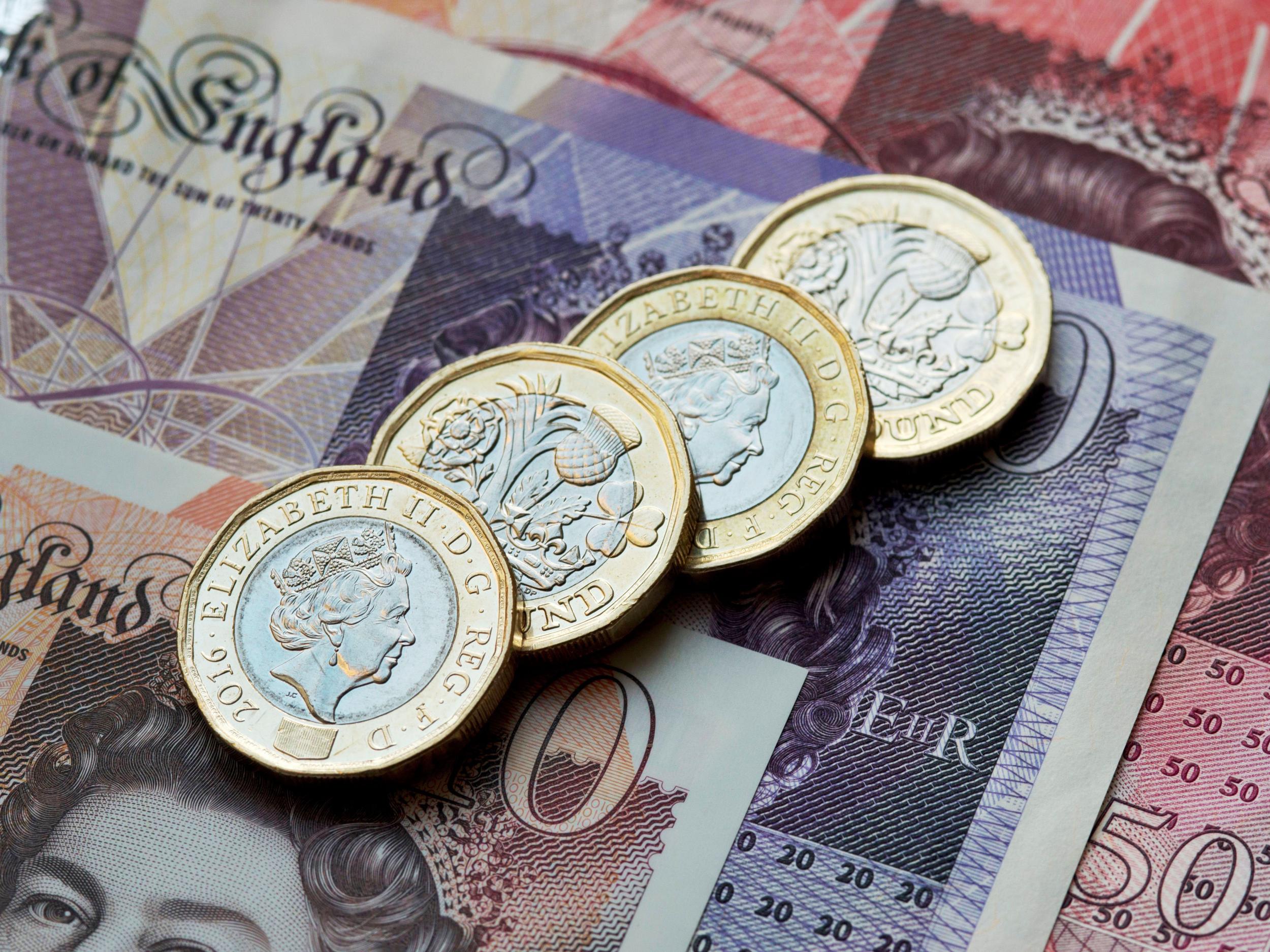Corporation tax cut to cost UK public finances £6.2bn per year, HMRC finds
Reduction comes as departments and councils deal with savage cuts to budgets and the government tries to fund a £20bn shortfall in NHS spending

Slashing corporation tax rates will cost the public finances £6.2bn per year, HMRC has said, despite government claims that the giveaway will increase revenues.
The UK already has one of the lowest tax rates on company profits in the world at 19 per cent but it will fall a further 2 per cent by next year under a policy introduced by George Osborne in 2015 and backed last year by Philip Hammond.
Each percentage point drop will cost the public purse £3.1bn a year in lower tax receipts, according to HMRC’s latest forecast; more than the £2.8bn it predicted last year.
The reduction comes as departments and councils deal with savage cuts to their budgets and the government tries to fund a £20bn shortfall in NHS spending. Benefits have also been frozen for four consecutive years, fuelling record levels of in-work poverty.
Corporation tax brought in £56.2bn last year, as companies’ profits edged up, alongside economic growth.
Analysis - Why is the tax cut costing the public money?
HMRC’s calculations show that lower corporate tax rates mean lower receipts. Each percentage point reduction will cost £3.1bn per year. As rates are to be cut by 2 percentage points, this will cost the public purse £6.2 bn.
Why are we cutting corporation tax to 17 per cent?
Ministers have argued that a corporate tax cut actually increases government revenues by giving companies more money to invest and making the UK a more attractive destination for capital, boosting the economy.
But there is no firm evidence that reducing the headline tax rate results in higher take.
What has the government claimed?
Ministers have claimed that corporation tax is yielding more than ever to spend on nurses, police officers, social care and other public services.
The total amount of corporation tax has gone up and ministers have drawn a simple correlation between their lower corporate tax rate and rising receipts.
This a key argument underpinning austerity; the preference for spending cuts over tax rises to achieve the Conservatives’ aim of reducing the deficit.
So do lower rates equal higher receipts?
Not according to HMRC which has predicted that, when all other factors are taken into account, the lower rate will mean £6.2bn less for the public purse.
Nor the nonpartisan Institute for Fiscal Studies (IFS). It forecast in 2017 that corporation tax cuts implemented between 2010 and 2016 would reduce future revenues by £16.5bn per year.
“Changes to corporate tax have represented some of the largest giveaways in both parliaments since 2010,” said Helen Miller, deputy director of the IFS and head of its tax sector.
Are companies paying more corporation tax than ever?
No, not when you adjust for inflation.
Firms paid £56.2bn in taxes on their profits last year. In 2008, corporation tax brought in around £47bn or £61bn in 2018 money, when rising prices are taken into account. Receipts were also higher as a proportion of national income in 2008 than they are now.
In fact, the corporation tax take was around significantly higher as a proportion of GDP in 1984-5 under Margaret Thatcher than it is today. That was despite a 45 per cent headline rate, more than double its level today.
As the Office for Budget Responsibility notes, the amount the government has collected as a proportion of GDP has fallen since the 1980s, but picked up slightly last year.
How does this compare historically?
Corporation tax was 52 per cent when Margaret Thatcher came to power in 1979 and 34 per cent when she left office in 1990. Revenues from the tax decline sharply as a percentage of GDP in this time.
Over the course the governments of John Major, Tony Blair and Gordon Brown rates were gradually reduced to 28 per cent by 2008. George Osborne cut corporation tax to a then record low of 24 per cent in 2010.
And what about compared to other countries?
The UK’s corporation tax rate is one of the lowest in the developed world, significantly less than France’s 33.3 per cent, 29.8 per cent in Germany and japan’s 30.9 per cent. The US had 35 per cent corporation tax before President Donald Trump slashed the rate to 21 per cent in 2018.
Subscribe to Independent Premium to bookmark this article
Want to bookmark your favourite articles and stories to read or reference later? Start your Independent Premium subscription today.

Join our commenting forum
Join thought-provoking conversations, follow other Independent readers and see their replies